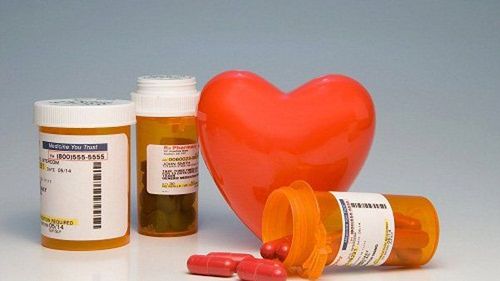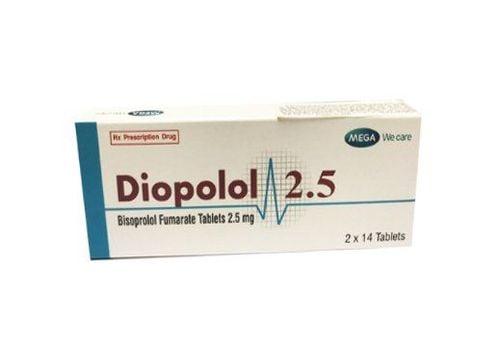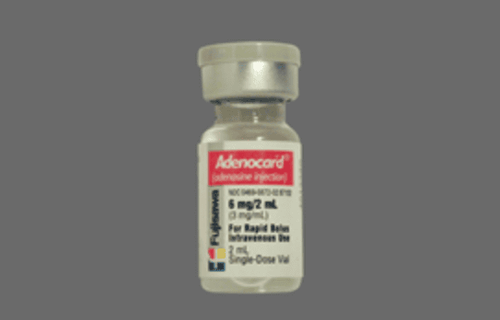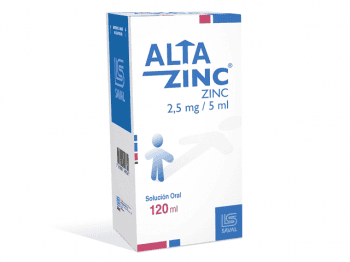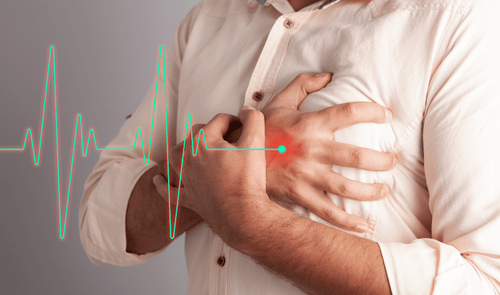This is an automatically translated article.
The article is professionally consulted by Specialist Doctor II Nguyen Quoc Viet - Department of Medical Examination & Internal Medicine - Vinmec Danang International General Hospital.
Heart arrhythmia regardless of age, can cause dangerous complications to health, even death if not treated promptly. Here are the eight most common warning signs of an arrhythmia.
1. Cardiac Arrhythmia Overview
An arrhythmia occurs when the impulses to pace your heart don't work properly, causing your heart to beat too fast, too slow, or irregularly.Arrhythmia can cause a few symptoms such as palpitations, heart palpitations, palpitations or no symptoms at all. However, some arrhythmias can be uncomfortable, even life-threatening.
Treating an arrhythmia can help control or eliminate a fast, slow, or irregular heartbeat. In addition, you should adopt a heart-healthy lifestyle to reduce your risk of heart arrhythmias and prevent possible complications.
2. Symptoms of arrhythmia
Arrhythmias may not cause any signs or symptoms. However, you need to pay attention if the following symptoms occur:Anxiety, palpitations Too fast or too slow heartbeat Pain in the chest area Difficulty breathing of varying degrees Dizziness Sweating Fainting or Almost fainting When experiencing the above signs, you should see a cardiologist to monitor your heart rate.
Trắc nghiệm: Bạn có hiểu đúng về huyết áp cao không?
Huyết áp cao còn được gọi là kẻ giết người thầm lặng vì bệnh thường không có triệu chứng. Thiếu hụt kiến thức về huyết áp cao có thể làm cho tình trạng bệnh trở nên trầm trọng hơn. Dưới đây là những câu hỏi trắc nghiệm vui giúp bạn hiểu đúng về bệnh cao huyết áp.3. Causes of arrhythmia

Thường xuyên sử dụng rượu bai có thể tăng nguy cơ rối loạn nhịp tim
A heart attack happening right now Scars from a previous heart attack Changes to the structure of the heart, such as from cardiomyopathy Coronary artery disease High blood pressure Overactive thyroid (hyperthyroidism) Underactive thyroid (hypothyroidism) Use of stimulants such as alcohol, caffeine, or smoking regularly Drug abuse Using a certain medications and supplements Diabetes Sleep Apnea Genetics
4. What is a normal heart rate?
Your heart rate is normally controlled by the sinus node located in the right atrium. From the sinus node, electrical impulses travel through the atria, causing the atrial muscles to contract and pump blood into the 2 ventricles. The electrical impulses then propagate to a cluster of cells called the atrioventricular node (AV node) - the only pathway that transmits signals from the atria to the ventricles. When electrical impulses reach the muscles of the ventricles, they cause the ventricles to contract and pump blood to the lungs (from the right ventricle) or to the rest of the body (from the left ventricle).For a healthy heart, this process is usually regular and smooth. The resting heart rate will be between 60 and 90 beats per minute.
5. Types of arrhythmia
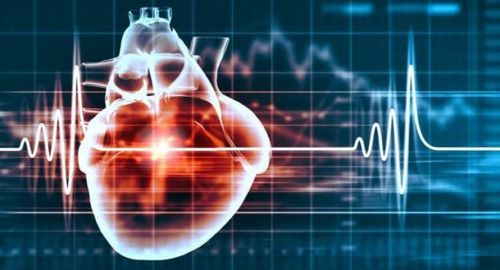
Phân loại rối loạn nhịp tim dựa vào nơi bắt nguồn và tốc độ nhịp tim
Tachycardia: faster resting heart rate 100 beats per minute. Bradycardia: a resting heart rate of less than 60 beats per minute. Tachycardia originating from the atria: includes:
Atrial fibrillation, atrial flutter: is an irregular fast heart rate caused by chaotic electrical impulses in the atria. Atrial fibrillation can lead to serious complications such as cerebral embolism, limb embolism, visceral vascular... Wolff-Parkinson-White syndrome: occurs when there is an additional conduction pathway between the atrial and ventricular chambers. of the heart causes a bout of tachycardia and usually occurs with exertion or emotion. This pathway may allow electrical signals to pass between the atria and ventricles without passing through the AV node, leading to a bout of tachycardia. Tachycardia originating from the ventricles: Some common tachyarrhythmias are as follows:
Ventricular tachycardia: originates from abnormal electrical signals in the ventricles. Tachycardia causes the ventricles to contract ineffectively to pump enough blood to the body's organs. If not treated promptly, ventricular tachycardia can lead to ventricular fibrillation and death. Ventricular fibrillation: occurs when rapid, chaotic electrical impulses cause the ventricles to vibrate and fail to pump blood. And can lead to death if the heart is not restored to a normal rhythm within minutes. Long QT syndrome: is a cardiac disorder that carries a risk of rapid, chaotic heart rhythms. Tachycardia, caused by changes in the heart's electrical system, can lead to fainting, and be life-threatening. In some cases, your heart rate can be so erratic that it causes sudden death. Bradycardia:
Bradycardia is a condition where the heart rate is less than 60 beats per minute. However, in many cases bradycardia reflects a normal and healthy health problem such as deep sleep, at rest after physical activity.
Also, some medications used to treat other conditions, such as high blood pressure, can also lower your heart rate.
Some common bradycardia disorders such as sinus bradycardia, atrioventricular block, sinus node insufficiency syndrome...
Premature heartbeat (extrasystolic):
Extrasystole (NTT) is an arrhythmia Cardiac arrest is very common, including atrial and ventricular systole. NTT can be sporadic, cause no symptoms, and require no treatment. However, in some cases, many NTTs can cause severe and dangerous arrhythmias.
6. Complications of arrhythmia

Rối loạn nhịp tim có thể gây đột quỵ
Embolism: When there is an arrhythmia, the heart will not be able to pump blood effectively, causing blood clots to form in the heart chambers. If a blood clot breaks off, it will travel from your heart to your brain, making it impossible for blood to flow and causing a stroke. mesenteric, or limb embolism causing limb necrosis...
Heart failure : Heart failure can occur if your heart doesn't pump blood efficiently for a long time due to slow or rapid heart rate, such as fibrillation atrium.
7. How to prevent arrhythmia
To prevent arrhythmias, it's important to live a healthy lifestyle to reduce your risk of heart disease. A heart-healthy lifestyle includes:Eat a heart-healthy diet Increase physical activity Avoid smoking Maintain weight Limit or avoid caffeine and alcohol Reduce stress Patients with cardiac arrhythmias should be examined and use the drug with caution under the guidance of a specialist. Some cold and cough medicines contain stimulants that can cause a rapid heartbeat.
Customers can directly go to Vinmec Health system nationwide to visit or contact the hotline here for support.
References: Mayoclinic.org





